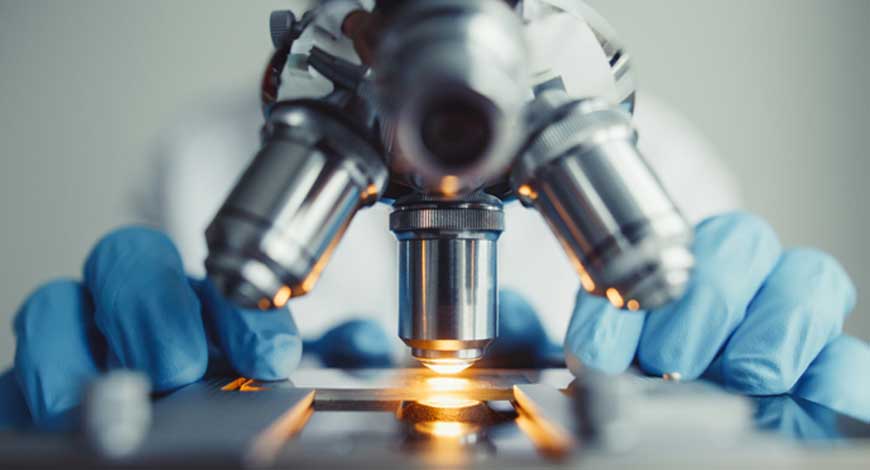Company News
Shimadzu to advance cancer immunotherapy research

Shimadzu Corporation has now entered into a two-year research agreement with and the Earle A. Chiles Research Institute, a division of Providence Cancer Institute (Providence) in Portland, Oregon, Japanese Foundation for Cancer Research (JFCR) in Ariake, Tokyo, one of the advanced cancer treatment hospitals and research institutions in Japan.
Shimadzu and Providence have been collaborating to develop tools for personalized cancer immunotherapy since 2018 by applying mass spectrometry technology. Through this fruitful collaboration, we found the levels of pembrolizumab (Keytruda™ ) can be a useful on-treatment biomarker in the phase I study of galectin-3 inhibitor and pembrolizumab combination therapy 1. We also developed the multiplex antibody assay platform (refmAb-Q™ > nSMOL™ ) using a universal reference to increase throughput and improve the practicality of the nSMOL assay 2. In parallel to the above efforts, we have developed an assay to monitor small peptides presented by HLA molecules (immunopeptidome) on tumor cells to catalogue potential targets for cancer immunotherapy. We believe that the elucidation of each individual’s cancer immunopeptidome and the utility of antibody concentration as a biomarker will make a significant contribution to personalized cancer treatment.
Recently, JFCR developed an assay platform for the comprehensive characterization of cancer immunopeptidomes using clinically obtained cancer materials 3. As usage of HLA alleles differ between western countries like the US and Asian countries like Japan, this international project will likely produce rich immunopeptidome resources spanning multiple HLA alleles that may support the development of new cancer immunotherapies capable of benefiting a broader cohort of cancer patients.
Dr Eric Tran, Associate Member, Adoptive Cell Therapy Laboratory at Providence, a leading scientist for T cell therapy, commented on the significance of the collaboration, “T cells targeting cancer mutations or cancer-causing viruses can mediate the regression of human cancers. However, not all mutations or viruses can be recognized by T cells because they are not presented at the cell surface. This collaboration will allow us to evaluate which cancer mutations and viral proteins are presented at the cell surface. Knowing this information will allow us to select the relevant mutations and viral proteins to target with T-cell based therapies.” And Dr Koji Ueda, Project Leader, Realization of Personalized Cancer Medicine in JFCR, a leading scientist in cancer neoantigen profiling technology, summarized the potential of the collaboration, “Academia-hospital-industry collaboration among three international centers conducting advanced research in different fields of cancer immunotherapy will further accelerate the development of next generation cancer treatments and clinical applications”.
MB Bureau














